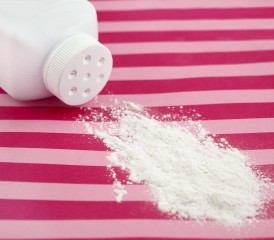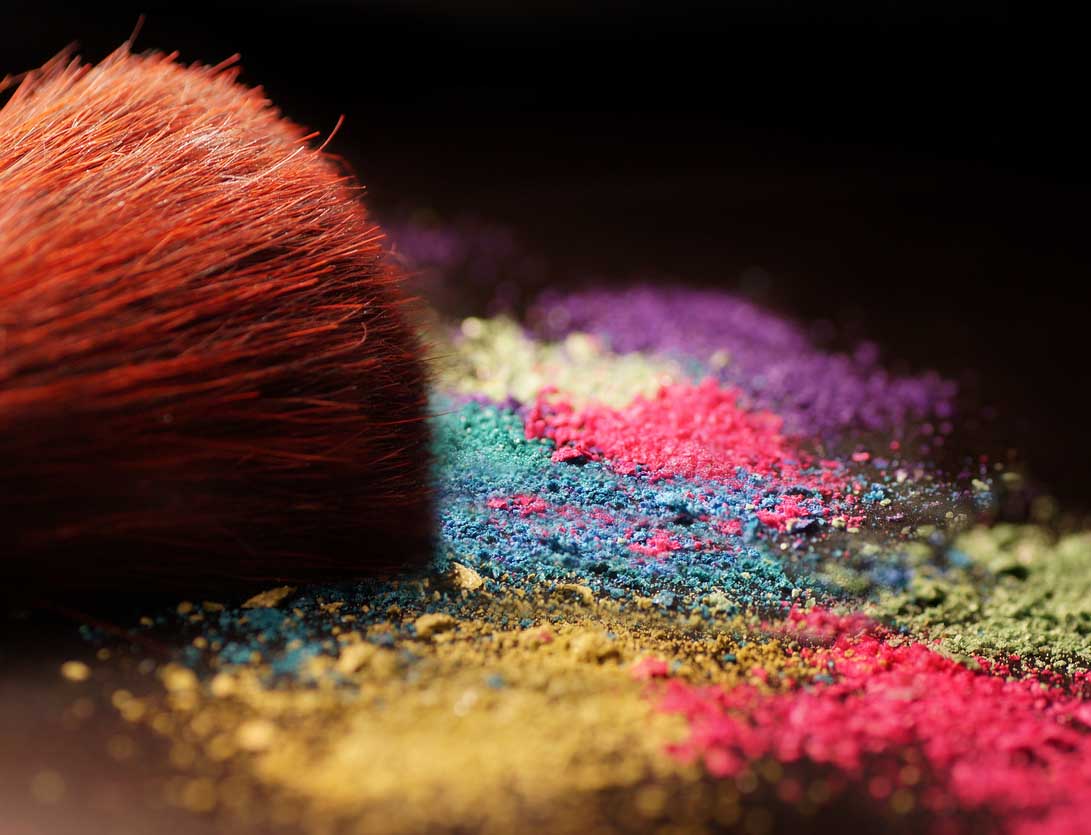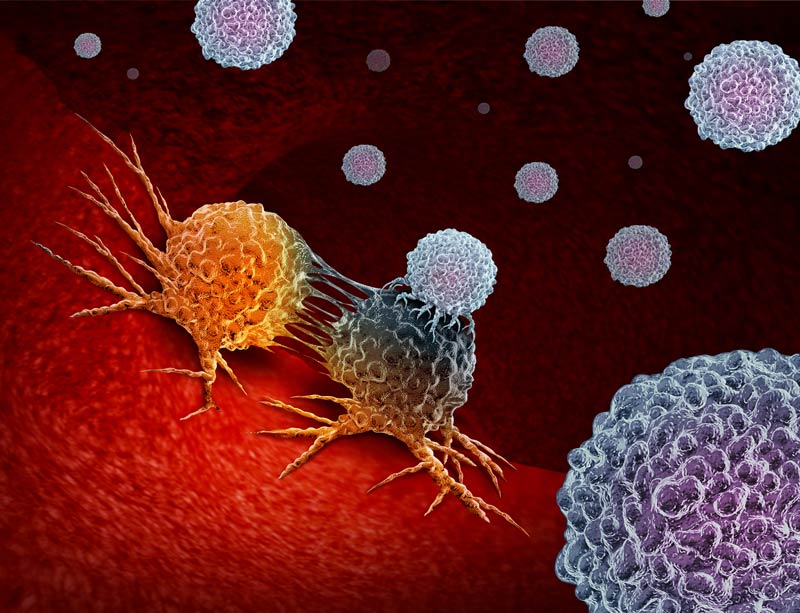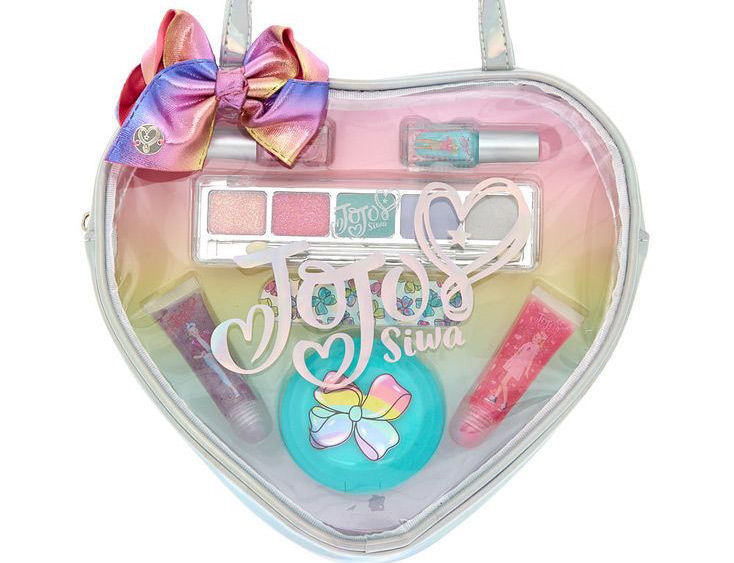Top 10 Mesothelioma and Asbestos News Stories of 2020
Asbestos Exposure & BansWritten by Tim Povtak | Edited By Walter Pacheco

Growing allegations of asbestos-contaminated talc in various consumer products, coupled with historic approval of a new treatment for pleural mesothelioma, made 2020 a year filled with both anxiety and hope.
Johnson & Johnson stopped selling its iconic baby powder in May after being hit by thousands of lawsuits contending its talc-based product was causing various cancers, including ovarian cancer and malignant mesothelioma.
The U.S. Food and Drug Administration approved the immunotherapy combination of Opdivo and Yervoy in October, the first new drug regimen approved for first-line treatment of unresectable disease in 16 years.
There also were inspiring mesothelioma survivors who emerged, promising clinical trials that opened and tireless cancer specialists breaking new ground throughout the past 12 months.
Here are the 10 most-circulated mesothelioma and asbestos-related news stories in 2020.
Johnson & Johnson Drops Talc-Based Baby Powder
Swayed by an avalanche of lawsuits alleging asbestos dust contamination and a cancer risk in its product, Johnson & Johnson announced in May it would stop selling its talc-based Johnson’s Baby Powder in the United States and Canada.
The company had been manufacturing the product for more than 100 years.
It remained steadfast in its insistence that its baby powder was safe to use, attributing the halt in distribution to a decline in consumer demand, litigation advertising and “misinformation” about the safety.
Talc-based Johnson’s Baby Powder will continue to be sold outside North America. A cornstarch version will become the standard within the U.S. and Canada.
Read more about J&J talc sales.
Johnson & Johnson Pays $100 million to Settle Lawsuits
Johnson & Johnson remained in the news when it agreed to pay $100 million to settle more than a thousand lawsuits claiming its talc-based baby powder caused cancer.
Although it had settled a small number of individual claims either before or during trials in the past, this was the first time it had settled lawsuits in bulk over its controversial baby powder.
Despite the settlement in October, J&J continued to insist its product was safe and that any asbestos contamination found in testing was an isolated instance.
The majority of the cases involve women who used the product for many years and developed ovarian cancer. Only a small percentage were related to mesothelioma, a more aggressive cancer caused almost exclusively by exposure to asbestos.
Revlon Becomes Latest Talc Lawsuit Target
Revlon became the latest cosmetic company to be sued for alleged asbestos-contaminated talc in one of its products that caused mesothelioma cancer.
A Maryland couple filed the lawsuit in New York state court, seeking $20 million in compensatory damages and $40 million in punitive damages.
The woman believes her mesothelioma stems from her father’s earlier employment with Revlon and the products he provided her. Jean Naté Silkening Body Powder was one of them and is no longer manufactured.
Many cosmetic products contain talc, which is one of the world’s softest minerals. It is mined near the Earth’s service. Unfortunately, it is often found near deposits of asbestos.
Revlon joined Justice, another retailer marketing cosmetics to young girls, as a lawsuit target. Cosmetic companies, though, have been defendants in only a small fraction of talc cases.
Read more about talc lawsuits.

Asbestos Found in Eyeshadow
Asbestos-contaminated talc was found in two new eyeshadow products. Both were sold primarily online through websites eBay and Amazon.
Asbestos fibers were found in 40% of shades from Jmkcoz 120 Colors Eyeshadow Palette and 20% of shades from Beauty Glazed Gorgeous Me Eye Shadow Tray Palette samples.
Testing was done by Scientific Analytical Institute in Greensboro, North Carolina, which uses transmission electron microscopy. The finding came in the wake of another study done by the FDA that found contaminated talc in nine of 52 cosmetic products tested.
Read more about asbestos in eyeshadow.
Keytruda Approved for Select Cancer Patients
The U.S. FDA approved the immunotherapy drug pembrolizumab in June for certain metastatic tumors, including a small number involving pleural mesothelioma.
The drug, also known by the brand name Keytruda, was approved for unresectable disease and high mutational burden that has progressed after first-line treatment with no alternative options remaining.
In earlier clinical trials involving mesothelioma patients, Keytruda had been especially effective, but only with a small percentage of patients.
“It can be used for mesothelioma, but it’s not the magic bullet,” Dr. Raja Flores, specialist at Mount Sinai Hospital in New York, told The Mesothelioma Center at Asbestos.com. “Its overall effectiveness is modest at best.”
Read more about Keytruda approval.

Missouri Upholds Landmark Johnson & Johnson Verdict
A Missouri Court of Appeals upheld a landmark jury verdict against Johnson & Johnson, but reduced a record-setting award for punitive and compensatory damages from $4.69 billion to $2.1 billion in June.
The case involved 22 women alleging their ovarian cancer had been caused by Johnson & Johnson’s asbestos-contaminated talc products.
The company said it would appeal again with the Missouri Supreme Court, but the court refused to hear the case. J&J has been overwhelmed by more than 19,000 lawsuits in federal and U.S. state courts involving its talc products.
Read more about the Missouri verdict.
FDA Finds Damaging Evidence of Asbestos in Makeup
In the most incriminating study to date, the U.S. Food and Drug Administration found asbestos-contaminated talc in nine of the 52 cosmetic products it tested during a year-long study.
Claire’s, City Color and Johnson & Johnson were among the brands in which asbestos was found.
The study accentuated the ongoing dispute over testing methods and the exact quantification of asbestos minerals. Transmission electron microscopy found asbestos in all nine products. Polarized light microscopy found asbestos in only two of the 52.
Read more about asbestos in makeup.

Standardized Talc Testing Gains Traction
Experts from eight different federal agencies have recommended the use of standardized testing of cosmetic talc for the presence of asbestos and other potentially harmful mineral products.
The recommendations are designed to end the ongoing analysis discrepancies of whether products are contaminated with cancer-causing substances.
These testing recommendations were part of a broader study designed to improve consumer product safety and presented to the U.S. Food and Drug Administration.
Asbestos Ban Takes Decades to Show Benefits
Almost 30 years after banning asbestos, the country of Italy is just now seeing the peak of its mesothelioma cancer crisis.
Italy has served as an example of why the medical field should continue its work toward finding a mesothelioma cure, even with tighter regulations and a potential ban looming in other countries.
Research has shown there is no immediate benefit from an asbestos ban. A diagnosis of mesothelioma – caused almost exclusively by asbestos – can take up to 50 years after exposure.
FDA Approves Immunotherapy for Mesothelioma
Raising hopes for patients and families throughout the country, the U.S. Food and Drug Administration approved its first new drug treatment regimen in 16 years for malignant pleural mesothelioma cancer.
In October, the FDA approved the immunotherapy combination of Opdivo and Yervoy for first-line treatment of unresectable disease.
The approval stemmed from an international phase III clinical trial in which the combination demonstrated superior overall survival when compared to standard chemotherapy.
This milestone was most dramatic for those with the sarcomatoid or biphasic mesothelioma cell type. Median overall survival went from 8.8 months with chemotherapy to 18.1 months with the immunotherapy combination.






